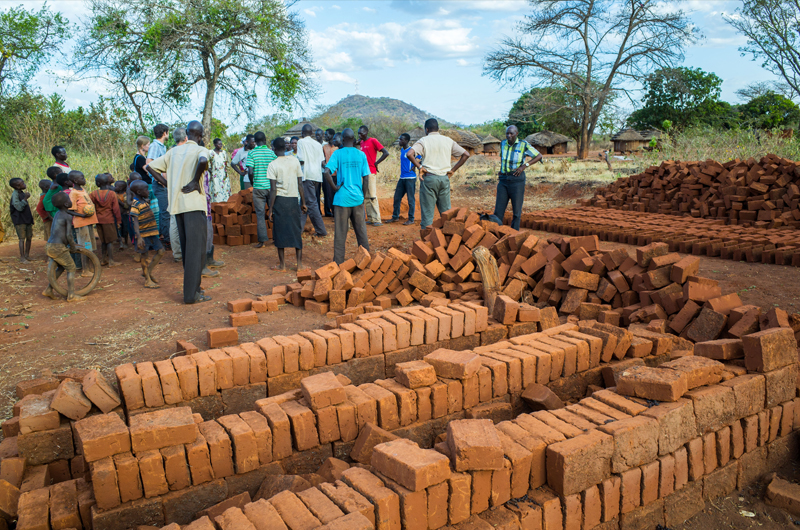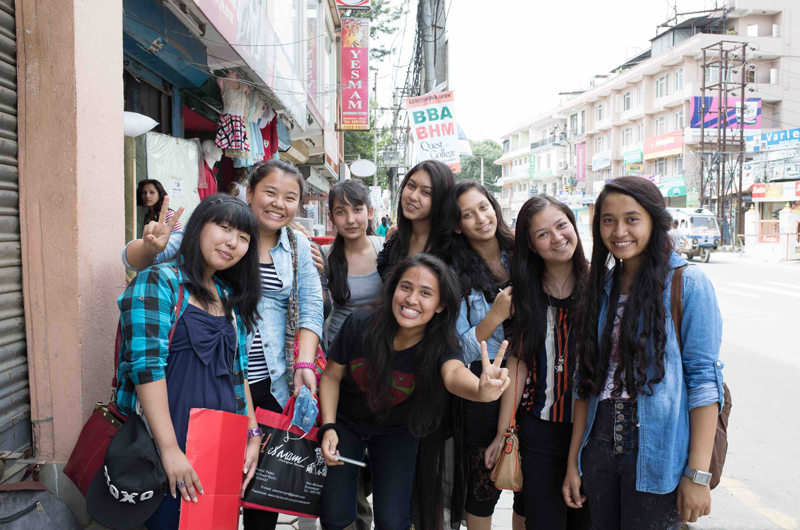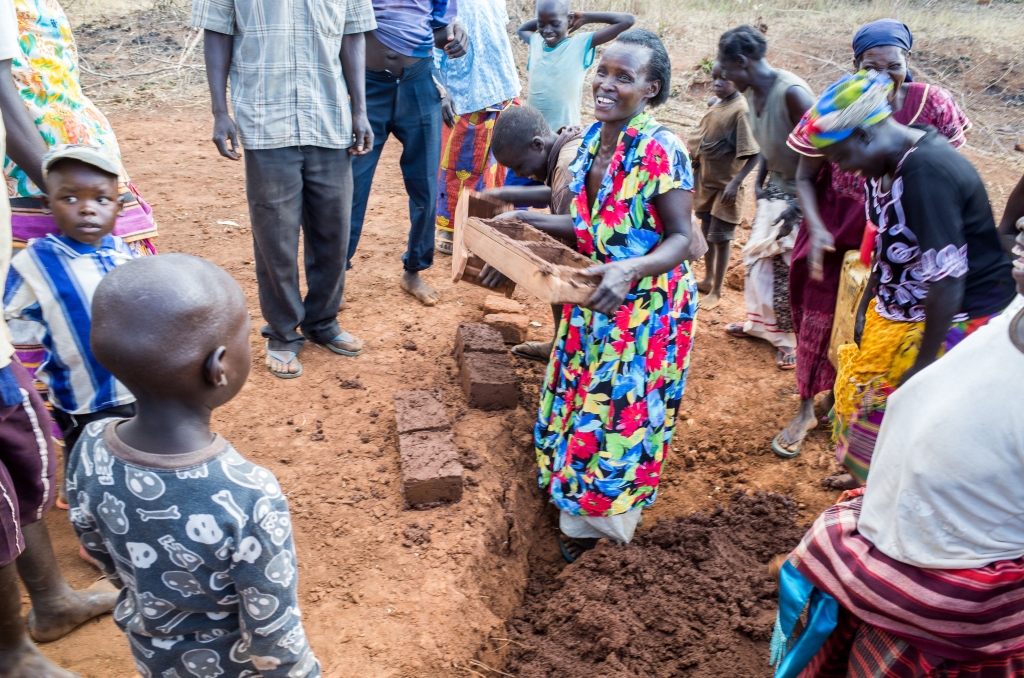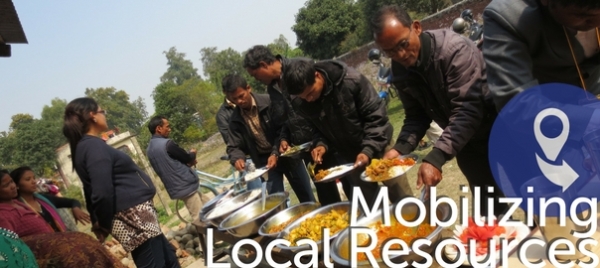 MOBILIZING LOCAL RESOURCES
MOBILIZING LOCAL RESOURCES
“…their overflowing joy and their extreme poverty welled up in rich generosity. For I testify that they gave as much as they were able, and even beyond their ability.”
– 2 Corinthians 8:2-3
It’s easy to look at the poor and wonder why we are challenging them to give. Why would we ask people who can’t afford to feed their own kids to give time or money? Why mobilize local resources? There are a few key reasons why this is so important to us:
 It gives dignity
It gives dignity
Each person is created in the image of God. We all have talents, abilities, creativity, time, and access to God. Everyone has resources. We want to bring honor to those we work with, helping them to see all that they have. We want to help them to see they are not a “victim,” or “needy,” or any other label we use, but rather that they are God’s precious creation with much to give. As they participate in God’s transforming work, they are given dignity.
It opens the way to God’s blessings
The Bible says that we will receive in the same measure that we give. If we sow generously, we will reap generously (2 Corinthians 9:6). Jesus reminds us, in the example of the woman with her two pennies in Mark 12:41–44, it’s the sacrifice, not the quantity of our gifts that God is looking at. We want the churches we work with to know God’s blessings, so we challenge them to be givers.
It creates ownership
Giving pure handouts, as most organizations will tell you, is not a healthy model. The end result is often redundant projects that sit idle in the community, running down from neglect. If the community does not have sufficient desire to sacrifice something to make the project happen, then there is little chance they will have sufficient motivation to care for it when it needs upkeep. However, when a community has sacrificially given to a project, it is typically one that they want and will care for long into the future.
 It’s commanded
It’s commanded
In the parable of the talents (Matthew 25:14–30), the King gives talents to His servants. The first two used their talents and were able to bring back a profit. The last, the one with the least, hid his talent. The king’s reaction was not positive. The message is clear: we are to use what God has given us, no matter how little it is.
It multiplies results
There are so many ways that this happens. When students volunteer to take their time to pass on the message that girls are valuable, we are able to reach so many more people than if we were reliant on staff alone. When hundreds of churches use what they have—their time, talents, creativity, and resources—they are able to do so much more than if we raised the funds to work in each of their communities.
Examples From Our Work
The Wholistic Development Center asks their students to pay a small amount of tuition, even though most come from extremely poor families. They also run a coffee shop, where students can learn food-service skills while generating income for the school.

After learning through TCT training about using all the resources God had given them, one community in the Democratic Republic of Congo decided to use their clay-rich soil to make bricks to build a church. They made the bricks near a water source, and then got stuck. They had no way to transport thousands of bricks the mile to the church building site. They couldn’t afford to pay for a vehicle to move the bricks. Once again the church was reminded to consider their resources, and the whole church rushed out to help carry the bricks by hand.

FROM THE BLOG
Here are two of our favorite blog posts related to the core principle Mobilizing Local Resources. You can read more related posts here.































Lumthaina says:
Prayer: Domestic Violence - Reconciled World says:
3 India Headlines You Haven’t Seen - Reconciled World says: